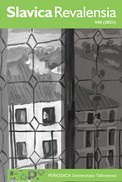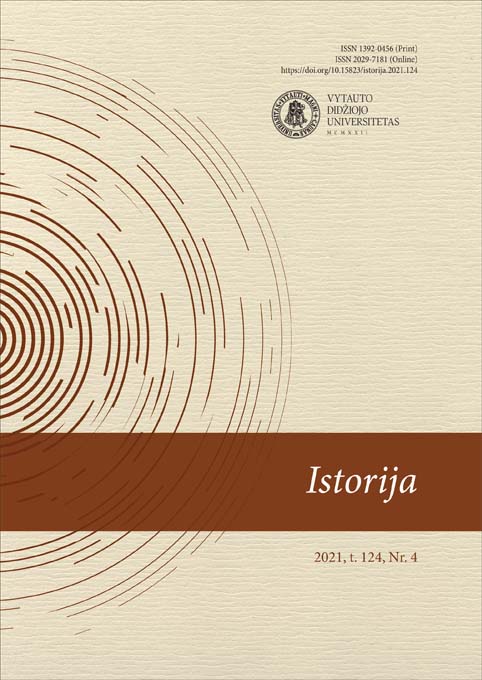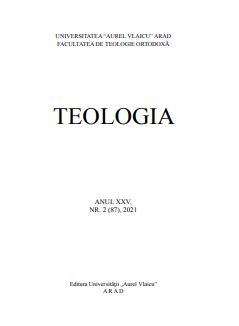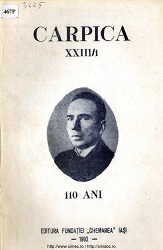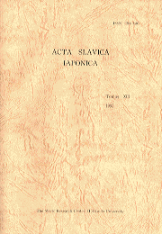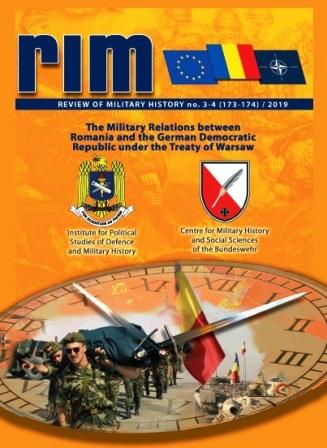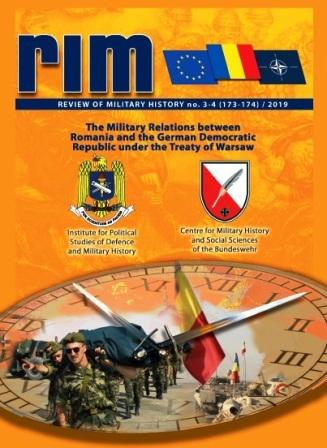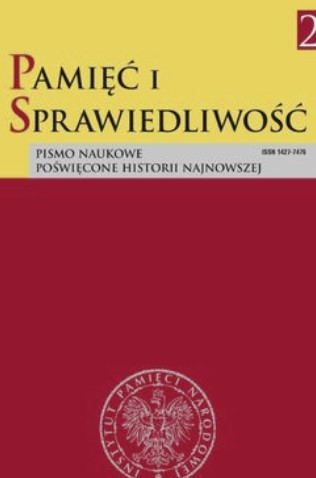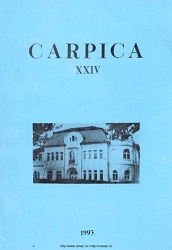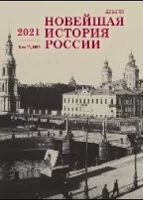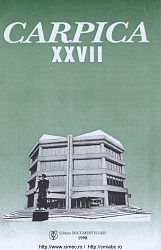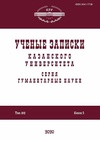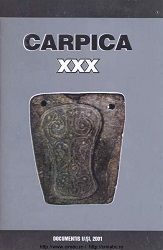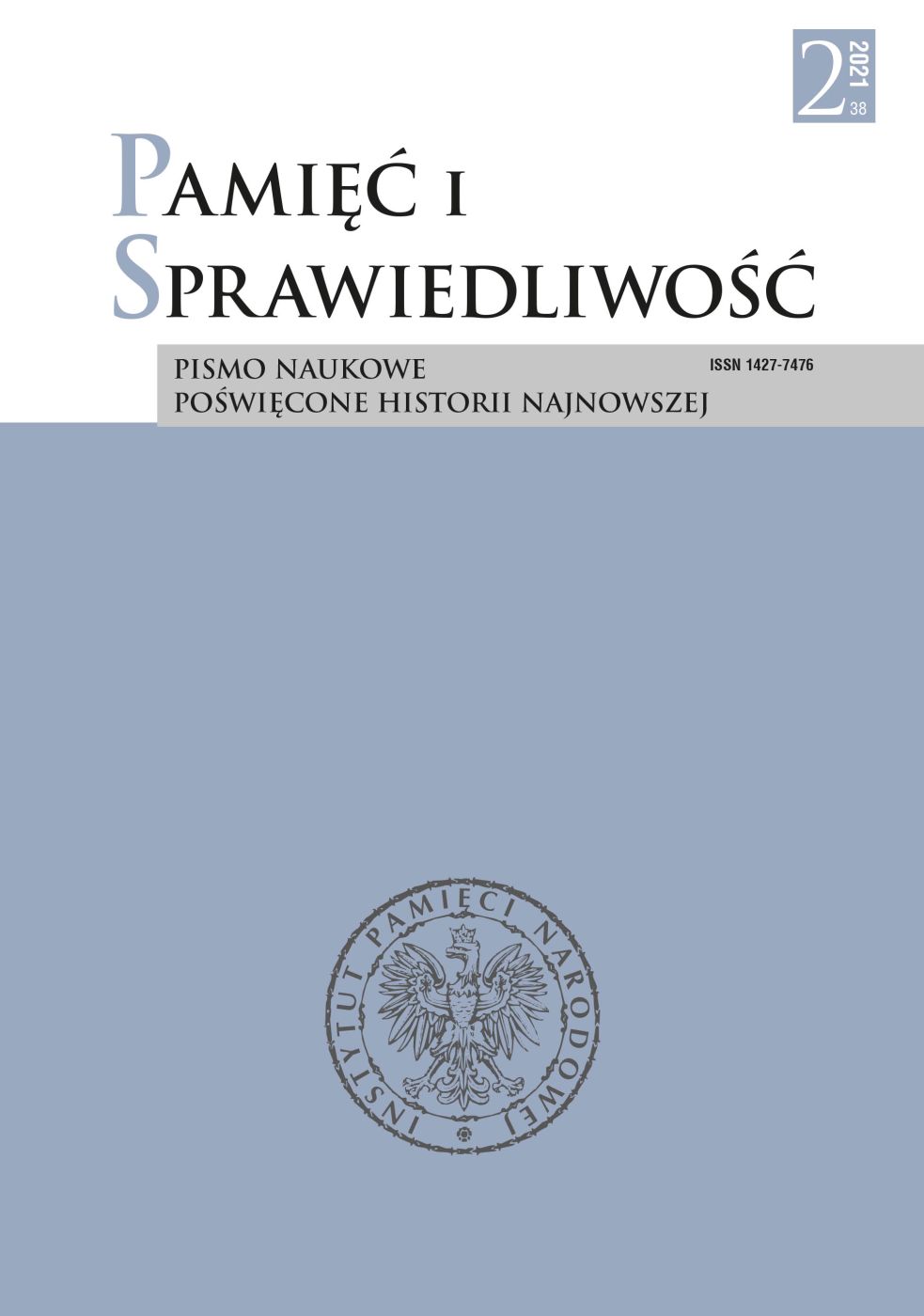
Polityczne aspekty walki o kształt granicy wschodniej II Rzeczypospolitej (1918 – kwiecień 1920 r.)
After Poland regained independence, one of the most important tasks of the Polish state was to establish the borders in accordance with the aspirations of the people, resulting from historical circumstances. The issue of the eastern border was the most complicated. Despite the passage of one hundred years since the rebirth of the Polish state, the evaluation of the eastern policy of its Chief of State Józef Piłsudski is particularly controversial. He saw Russia as the main enemy of the independent Republic. He sought to weaken it through the implementation of a federation concept, in which independent states allied with Poland were to be established on the western borders of the Russian state: Belarus, Lithuania and Ukraine. The author presents the reasons why the federation of Poland with Lithuania and Belarus did not take place. The subject of his considerations is, among others, the genesis of the war with Bolshevik Russia in 1919–1920 and the Alliance with ataman Semen Petlura, which was to lead to the creation of independent Ukraine. Also discussed is the concept of incorporating the historical eastern lands of the Republic of Poland as proposed by the National Democracy party, the position of the most important Polish political groups on the shape of the eastern border of the Republic of Poland, as well as attempts to implement the federation concept by the Chief of State between 1919 and April 1920. These considerations are set in the realities of the international situation of the Polish state reborn after World War I. Hence, it has become necessary to present the position of the major Polish political groups on the shape of the eastern border of the Republic of Poland; in addition to the position of the Western powers towards Poland’s struggle for a favourable shape of its eastern border.
More...
